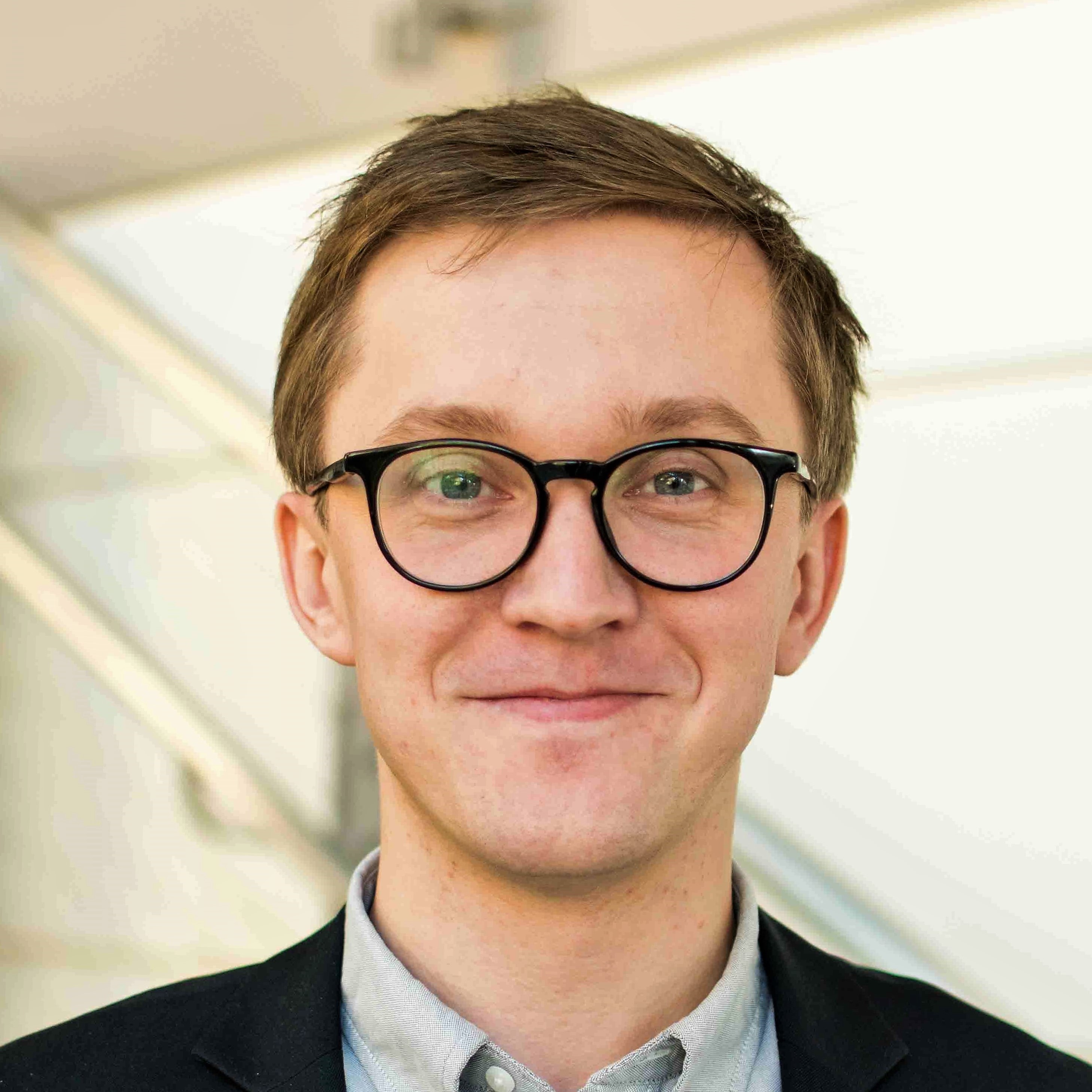Does Conflict of Interest Distort Global University Rankings?
- Igor Chirikov, Center for Studies in Higher Education, UC Berkeley
Event Materials
This event is now archived and we are pleased to provide the following event media and assets, along with the original event overview.
Global university rankings influence students’ choices and higher education policies throughout the world. When rankers not only evaluate universities but also provide them with consulting, analytics, or advertising services, rankers are vulnerable to conflicts of interest that may potentially distort their rankings. The study assesses the impact of contracting with rankers on university ranking outcomes using difference-in-difference research design. It matches data on the positions of 28 Russian universities in QS World University Rankings from 2016 to 2021 with information on contracts these universities had for services from QS. It compares the fluctuations in QS rankings with data obtained from the Times Higher Education (THE) rankings and data recorded by national statistics. Changes in rankings were compared between universities that frequently contracted with QS for services, and those that never or seldomly contracted for QS services. Results show that universities with frequent QS-related contracts experienced much greater upward mobility in both overall rankings and in faculty-student ratio scores over five years in the QS World Rankings. These findings suggest that conflicts of interest may produce significant distortions in global university rankings. The study contributes to the literature on university rankings by suggesting that rankers’ business models and resource dependencies affect rankings outcomes. It also calls for universities, governments, and prospective students to reconsider their use of global rankings where conflicts of interest may be generated by the ranker’s business activities.
This event is co-sponsored by the Center for Studies in Higher Education at UC Berkeley.


